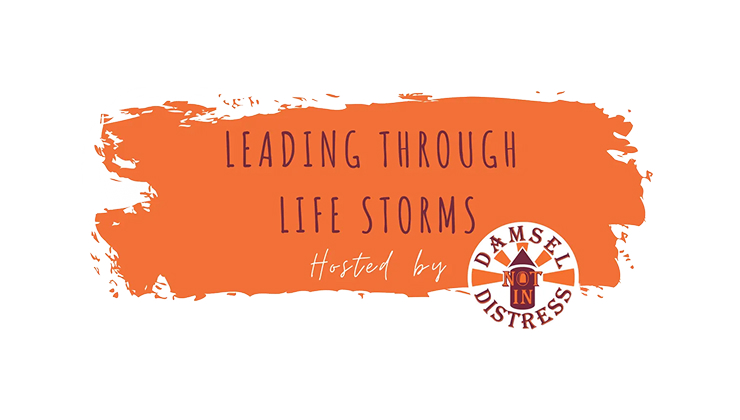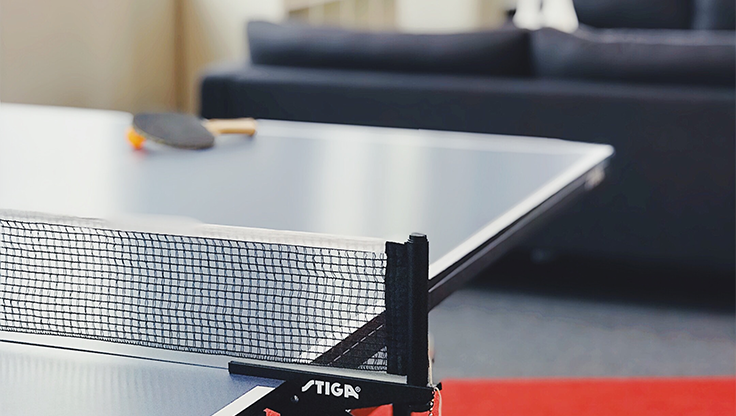I’ve been preparing for a conference and found myself reflecting on what have I noticed over the past few years. I wanted to update my thinking in the light of working with many more talented, overloaded, doing the best they can clients, like Chris.
A few things stand out for me.
The need to have permission to care for yourself well. That health is a fundamental and not a nice to have. That connecting into ourselves and listening to what our minds and bodies are telling us as an anchoring of our presence as a leader.
I wonder what would have changed sooner if Chris had had a boss or a colleague who took some time out to ask, “How are you doing?” “How’s the family?” and without drama, advice, judgement, listening and providing an empathetic hearing. Giving the opportunity for an authentic connection that provides a space to breathe, take perspective, and make some healthy choices.
As I mention towards the end of this piece, Humans thrive on fundamentals. One of those being meaningful connections with other humans.
Chris is a Partner in a Professional Services Firm. He has responsibility for several large global accounts the firm holds and is also an industry lead. He joined a yearlong leadership programme, like an internal MBA. I was privileged to be alongside him as his coach throughout the programme.
Early on in the programme we collected data to create a sense of benchmarking. This including both objective measures such as revenue generated, scores from 360 feedback, Psychometric assessments as well as his qualitative views. A theme that came through from the data was that while recognised as talented, a great revenue generator, he was easily irritated, could become directive in moments of tension, often interrupted when people spoke and always seemed stressed.
Chris led a healthy life with regular exercise, he took care of his nutrition, had few risk factors relating to his health and had a stable relationship with his partner. His two children often complained they never saw him, “but I guess that’s normal”.
He described feeling that he could never get on to the strategic work, always managing the fires set today. He talked about occasionally having a thought of walking away and mending classic cars for a living instead.
If we take a whole person, whole life approach to Chris we can see that whilst everything seems OK on the surface, a little scratch and you can see it’s not. He was experiencing a lack of ease in his life, both professional and private. There was little joy and he didn’t feel able to make and execute decisions about shifting his work load to free up time to pursue strategic goals and private life aims.
Without talking in the round with Chris the reality could easily remain tucked away behind the billing machine.
How close was he to an optimal evaluation of life? Where was his sense of freedom to make key life decisions?
I noticed he had a fitness app and asked him how it helped him. “It tells me that I don’t sleep”. What do you do about that? “Nothing”. So here was someone wearing an expensive fitness diagnostic who did not then take action on the data. We laughed about it however it brings up an critical point.
We’ve lost the ability to self-regulate by listening to the data our body gives us. We don’t trust our incredible ability to adapt moment to moment to demands.
We started a conversation about how he felt when he woke up. He started to share about a lack of sleep quality and quantity. He used caffeine to help boost his performance during the day and then red wine in the evening to decompress and relax. He shared how by the time he got home in the evening he was tired and didn’t want to talk to anyone, even his kids. He was coping and getting through each day, his natural talent for spotting and going after opportunities was bringing home the revenues.
It transpired that Chris slept about 4 hours a night. He often went to sleep late after a few glasses of wine and some emails. He then woke around 2.30am often with things from work on his mind. He often stayed awake for a few hours before going back to sleep for a short time before the alarm went off. We agreed Chris would take part in a sleep experiment where he would swap out a glass of wine and would do the last emails earlier. For two weeks he would avoid caffeine after lunch. Before he went to sleep he would make a note of the things he had as thoughts at the time.
In his busyness Chris was missing the shouting his body was doing about what it needed. He didn’t need an app to tell him he was sleep deprived.
There were a zillion clues’ about that. Once he identified what was happening, he was able to take some actions by agreeing to experiment. Small steps, actions he could take without too much hassle. By the next meeting 4 weeks later, Chris looked less tired. He was remembering more and had more energy. He felt his capacity had increased. He’d stopped drinking wine Monday to Thursday and had started playing tennis a couple of nights a week with his children. The caffeine drop was tricky to start with as it was hard for him to get going however, he kept at it. Within a week he had started sleeping 5 ½ hours in one stretch. By week three that had become 6 ½ hours.
He was totally blown away with the changes in his engagement with life. He happily reported several people had remarked he seemed happier, different somehow and yes less irritable. His partner told him he was nicer to live with.
Chris is similar to millions of people the world over. We have come to accept a mediocre lifestyle that creates a mediocre set of health standards, poor sleep, compromised relationships and lower performance than would be desired. We need to reclaim our innate ability to self-regulate, to allow our own unique eco system, housed within our skin to work in the way it is designed.
Humans thrive on fundamentals. These include sleep, a realistic optimism lashed with critical thinking, eating a nutritional diet and hydrating, moving constantly and connecting in meaningful relationships with other humans. Get these fundamentals right and we have the capacity to adapt to life and the changes that come our way without compromising our wellbeing.
So, this is one case study, with one individual, but I am confident this is a pattern, a persistent problem. Fundamentals for well being going astray. For Chris, his balance with sleep coupled with caffeine to get going and wine in the evening to slow down. For others it will be different things stopping them from optimising their well being.
Chris continues to function at a very high level and has optimised his health and wellbeing. Others will wrestle with challenges that can grow and start to have more serious ramifications. Are we missing the point about mental health at work?




